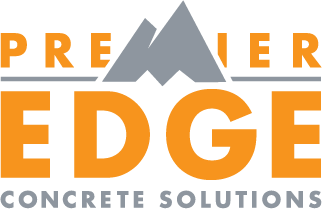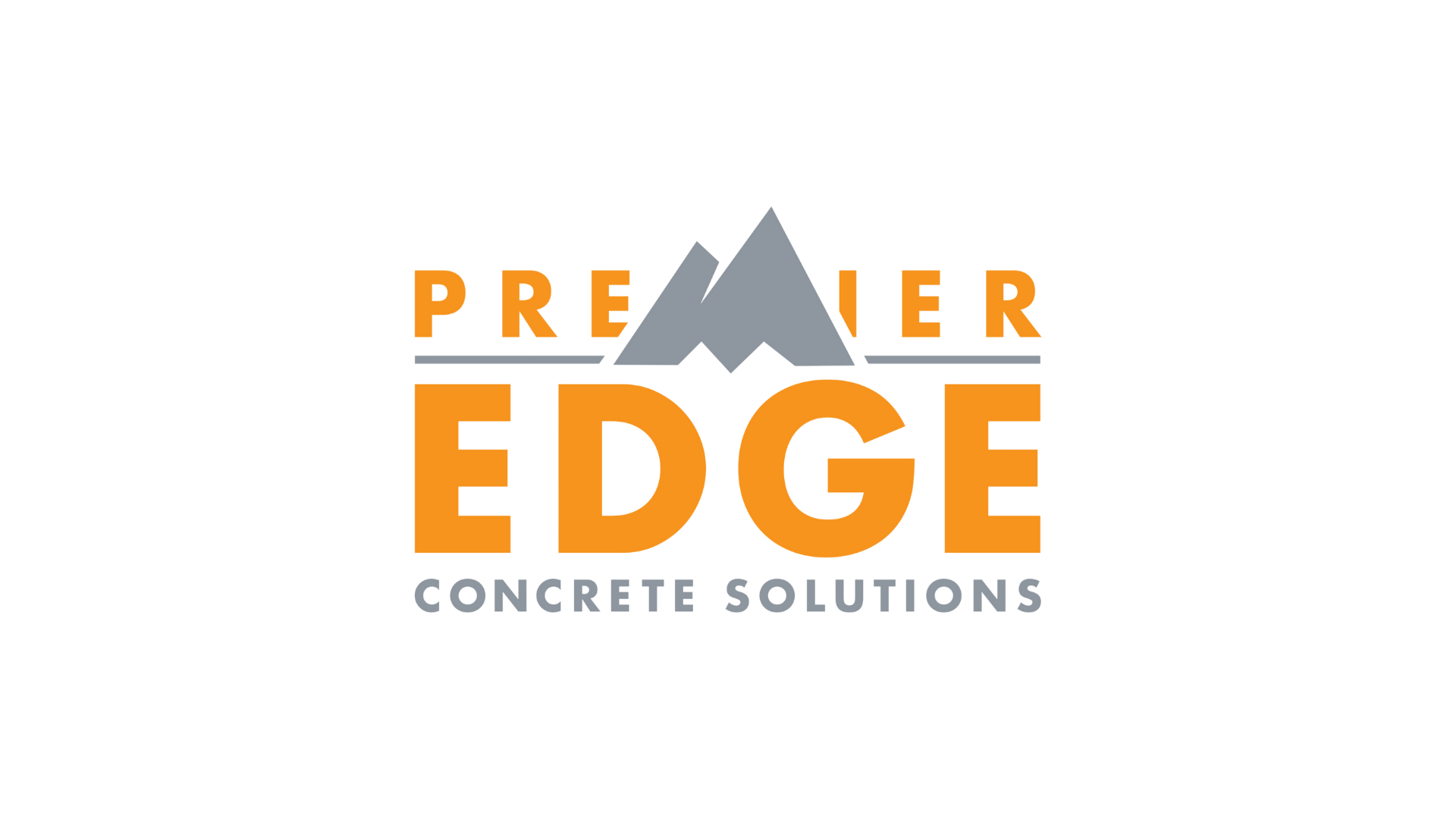Epoxy floor coating has superior durability to paint and offers resistance against motor oil, gas, bleach, acids, and other common chemicals used in the garage. It is also stain-resistant.
This type of coating is commonly sold in DIY kits for a relatively low cost. These include two-part epoxy resin, etching solution color flakes, and an optional clear topcoat. You’ll be glad you read this!
Epoxy
Epoxy is a popular flooring option for industrial spaces because it’s durable and can be used in areas that are subject to a lot of wear and tear. It is also resistant to impact and slippage, making it a safe solution for areas where safety is important.
It is a solid surface that protects the underlying concrete from damage, so it’s ideal for areas that are likely to be subject to a lot of foot traffic. It can be applied to a variety of surfaces and is easy to clean. It is also resistant to stains, which means that it will not stain from spills or other chemicals.
One downside of epoxy is that it can be toxic during the application process. It contains volatile organic compounds (VOCs) that release harmful fumes during the curing process, which can be dangerous to your health. However, there are safer alternatives such as polyurea with flake floors that offer similar benefits without the hazardous VOCs.
Polyurea
If you’re looking for a floor coating that will protect your concrete and add style, polyurea flooring is the solution. It’s slip-resistant and comes in a variety of colors. Plus, it can be topped with vinyl chips to make your floor look like granite for a fraction of the cost.
It is also more resistant to moisture than epoxy, which means it won’t peel or crack as easily. This is a huge benefit for businesses, as it can prevent costly downtime and reduce the need for maintenance.
It’s also odorless and fast-drying. Unlike epoxy, which has a pot life, polyurea doesn’t dry out when it isn’t being used, so you can apply it in extreme conditions without worrying about it going bad. It’s also UV-resistant, which can help prevent yellowing over time. It’s a great choice for commercial garage floors, aircraft hangars, and automotive shops.
Polyaspartic
Polyaspartic is a newer form of floor coating technology, but it’s quickly becoming a popular choice. Compared to epoxy, polyaspartic is more flexible and able to handle the expansion and contraction that occurs with thermal fluctuations. This is a big benefit for concrete garage floors that need to withstand heavy vehicle traffic.
Another advantage of polyaspartic is that it dries faster than epoxy, which means you can get back to your regular life much sooner. It also doesn’t require the ventilation that epoxy requires, and it has fewer VOCs.
Polyaspartic flooring is also resistant to stains and chemicals, which can be very helpful in a garage environment. It’s a more expensive option than epoxy, but the durability and resistance make it worth the investment. Choosing the right concrete floor coating can dramatically improve your garage space. Consult with a professional to make the best decision for your needs. Then, you can enjoy your beautiful new floor for years to come.
DIY
When the time comes to sell your house, a well-coated garage floor will add significant value to your home. This is especially true if the coating includes color flakes.
The best way to get a great-looking garage floor coating is to hire a professional contractor. However, this will cost you more money and take a lot of your time.
DIY coatings are available in kits that you can apply yourself for a lower price. These systems usually include an epoxy primer, high solids base coat, and color flakes. However, you must follow the manufacturer’s instructions and work on a day that is dry and between 50 and 80 degrees.
A well-coated concrete floor is very durable. It is resistant to impacts, chipping, chemicals, and surface abrasion. It is also easy to keep clean and stain-free. However, this type of flooring is not ideal for welding or metal fabrication applications. These activities can create burn marks from the hot slag and may cause damage to the coating. Read on to find out!


